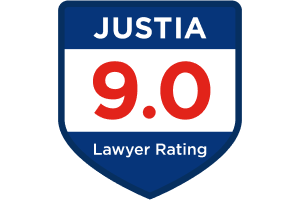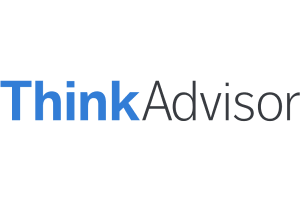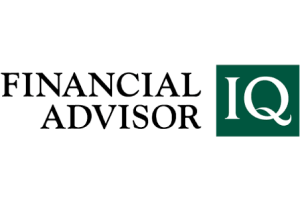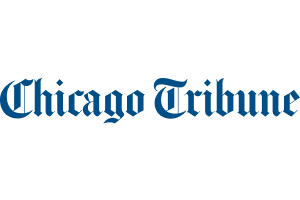- Free Strategy Session: (847) 906-3460 Tap Here to Call Us
3 Lessons From a Crypto Mock Trial
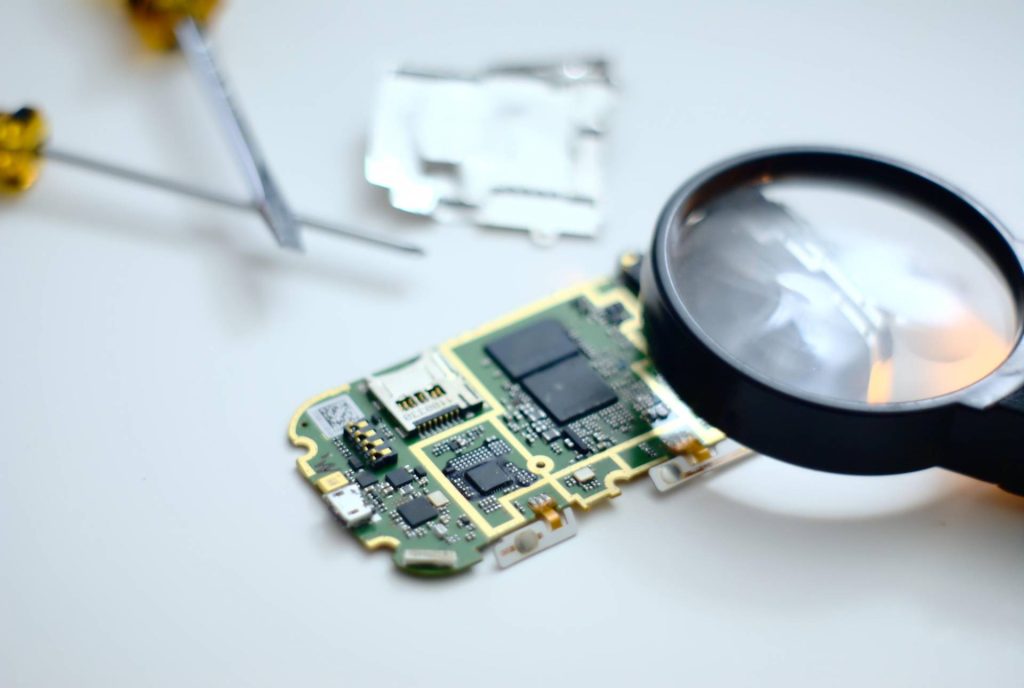
In December, Justin Steffen, Drew Hinkes, Chris Veatch, Kashan Pathan, Jimmie Zhang, and I did a crypto mock trial to show how blockchain transactions can be introduced into evidence. This was no easy feat. It took many hours of preparation — the creation of a fact pattern, the legal research, the preparation of expert witnesses — before we could do the mock trial.
We are grateful to Judge Blakey for his invaluable participation.
We are grateful to Loyola Law School for allowing us to do the mock trial there. We are grateful to Law360 for publishing our thoughts about the exercise.
If you would like a copy of the article, send an email request to Lisa@SECDefenseAttorney.com and we will send it to you. Here are some of the highlights:
“We had each seen articles that wondered aloud whether blockchain ledger entries were admissible evidence in a court proceeding. With over 65 years of litigation experience combined, we too could envision the hearsay and authentication objections attorneys would inevitably assert when confronted by the adverse party’s attempt to admit crypto-evidence. Rather than opine, we sought to take action. As Einstein quipped, “the only source of knowledge is experience.”
“So, we hatched a plan to test whether litigators could actually get distributed ledger entries into evidence under the existing Federal Rules of Evidence. We collaborated to make a realistic fact pattern, elicited the help of a few carefully-curated witnesses, and instructed them to use their wits and act like real witnesses. Most importantly, we found a judge willing to help us on our journey of discovery. On December 6, at Loyola Law School (Chicago), in front of the Honorable Judge John Robert Blakey (N.D. Ill.) and a packed house of technologists, lawyers, and students, we put ourselves to the task, learning more than we had anticipated in the process.
Background
“First, we created a problem. Attorneys live for facts. Depending on who you ask, “facts” are not necessarily the truth; a lawyer will tell you facts are what you can prove at trial. If you cannot prove it, it may as well have never happened. Attorneys also, perhaps unsurprisingly, love to argue. So, we needed to develop a problem that would yield nuanced arguments and that would allow the attorneys and the audience to explore the issues and challenges presented by distributed ledger entries. We also sought to create a fact pattern that was as realistic as possible, relying on the types of evidence and witnesses that would be available in a real-life lawsuit.
“Next, we assigned roles. Drawing on their years representing the government, Chris and Lisa morphed into the Prosecution. Andrew and Justin assumed the mantle of the Defense. Kashan and Jimmie stepped into the roles of the blockchain explorer company witness and the developer witness, respectively. And, for the sake of time, the parties stipulated that the third witness—a witness from a fictional blockchain forensics company—would have testified that the public keys involved in the relevant transaction were, at one point, each associated with the husband and hitman, respectively.
“Then, the teams prepared. In all ways, this exercise mimicked an actual federal trial. We briefed Judge Blakey, prepared the witnesses, drafted examination outlines, and secured demonstrative exhibits. The parties agreed that the Federal Rules of Evidence (“FRE”) would govern, and researched the Rules and recent caselaw supporting or precluding the admission of various other forms of digital evidence. Witnesses were prepared to testify for multiple days. In all ways, we treated this exercise as if it were real.
“Finally, we performed. Chris and Lisa carefully put on their case through multiple witnesses. Drew and Justin pressed every objection they could muster—relevance and unfair prejudice (FRE 401, 403), failure to authenticate (FRE 901), the best evidence rule (FRE 1002), hearsay (FRE 802), and even a Crawford objection. Chris and Lisa countered, drawing on hearsay exceptions and a new rule created to help litigants self-authenticate electronically generated records (FRE 902(13)). The parties argued, and Judge Blakey “ruled.”[1]
Lesson 1: If Done Correctly, Pseudo-Anonymous Ledger Entries are Admissible Into Evidence ….
Lesson 2: Preparation is a Must ….
Lesson 3: Discovery is Key …
[1] Judge Blakey’s participation in this event was purely for educational purposes. His rulings and comments should not be construed as precedential, an advisory opinion, or indicative in any way of how he may view evidence and arguments in actual (as opposed to a moot court) proceedings.
By: Justin Steffen is a FinTech Law Professor at Loyola Law School (Chicago) and a Litigation Partner at Ice Miller LLP where he helps fintech, blockchain, and other businesses navigate the legal and regulatory obstacles to innovation. Andrew Hinkes is the General Counsel of Athena Blockchain and an Adjunct Professor at NYU School of Law and NYU Stern School of Business. Lisa Bragança is the founder of her own firm, Bragança Law LLC, and the former branch chief for the Chicago office of the SEC’s Division of Enforcement. Chris Veatch is a Partner at Perkins Coie LLP and former chief of the National Security and Cybercrimes Section with the U.S. Attorney’s Office for the Northern District of Illinois. Kashan Pathan was recently an Associate at Jenner & Block where he focused on internal and government investigations. Jimmie Zhang is a Legal and Policy Advisor to the Illinois Commerce Commission and a former advisor to Athena Bitcoin, Finalize, and other technology companies. The views expressed in this article are solely the views of the authors and do not necessarily reflect the views of any of the authors’ current or former firms or employers.


